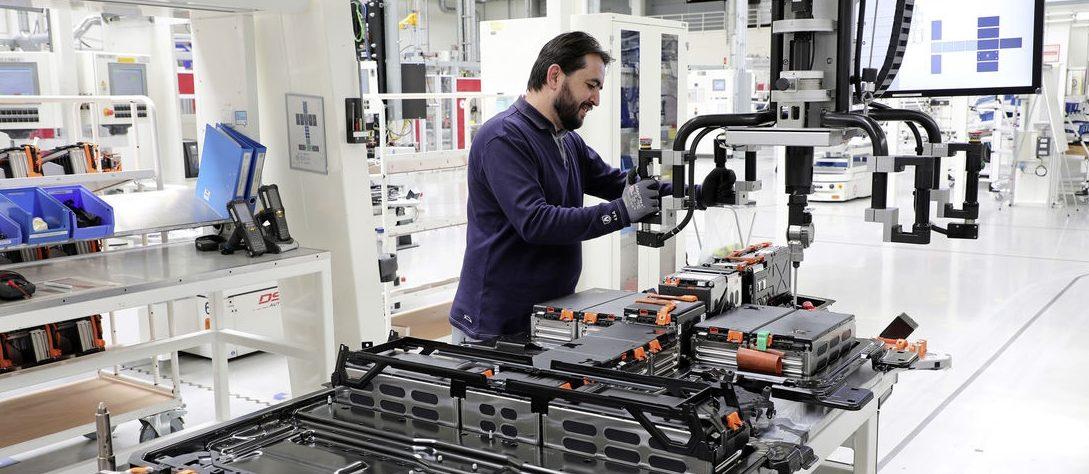The development and production of electric car batteries has so far been firmly in Asian hands. But industry and politics want to change that. An overview of the (partly planned) locations.
The topic of battery cells for electric cars and their manufacture is a contradictory one. On the one hand, it is always said that Asians have such a large technological lead and could manufacture electricity storage systems so cheaply that their own European cell production is not worthwhile. For example, this was one of the reasons why Bosch rejected its own efforts in this regard in spring 2018. The Swabians avoided the financial risk.
On the other hand, the importance of batteries for electromobility is repeatedly evoked. Even the automakers call this the most important part of an electric vehicle; not the engine (s) or the chassis. So you shouldn’t make yourself too dependent on the big players from China or South Korea for the battery cells. That is why a rethink is taking place gradually. Together with companies such as CATL, LG Chem or Samsung and supported by politicians, the European auto industry is starting to pull up cell manufacturing in Europe. The planning is extensive and the first factories already exist – also at several locations in Germany.
Kaiserslautern: German-French battery consortium
In Germany and France, politics is vigorously pushing ahead with the development of European battery cell production. A consortium involved was founded by the Opel parent company PSA and the French battery manufacturer Saft, which belongs to the Total group. Both companies hold 50 percent of the joint venture Automotive Cell Company (ACC). Now it is clear: The company will also produce electric car batteries in Germany. For this purpose, a new plant is to be built at the traditional Opel location in Kaiserslautern, which is to start operations in 2024 and employ 2,000 people. About one million batteries are to be built there each year, with a total capacity of 24 gigawatt hours.
Kamenz: Daimler and Deutsche Accumotive
It was a ping-pong game between Daimler and battery production in Kamenz: In 2008, Li-Tec GmbH, a joint venture between Evonik and Daimler AG, started work. After seven unprofitable years, production ended for the time being. But not for long: Deutsche Accumotive, a wholly-owned Daimler subsidiary, is now producing electric car batteries in Kamenz again. In 2019, the company opened its second plant in the Saxon city and produces batteries for cars and commercial vehicles – including the Mercedes EQ models.
Salzgitter: Volkswagen and Northvolt
VW CEO Herbert Diess is fully committed to the electromobility card. A comprehensible strategy, which is disadvantageous for the group’s own component factories. Take Salzgitter, for example: what happens to a plant that produces internal combustion engines when there are no more internal combustion engines in demand? The answer in a concrete case: battery cells for electric cars are created. Together with its new partner Northvolt, VW is investing around one billion euros in Salzgitter so that around 1,000 employees produce enough batteries to cover a large part of their own battery requirements. In 2020, battery research is also to start in Salzgitter.
